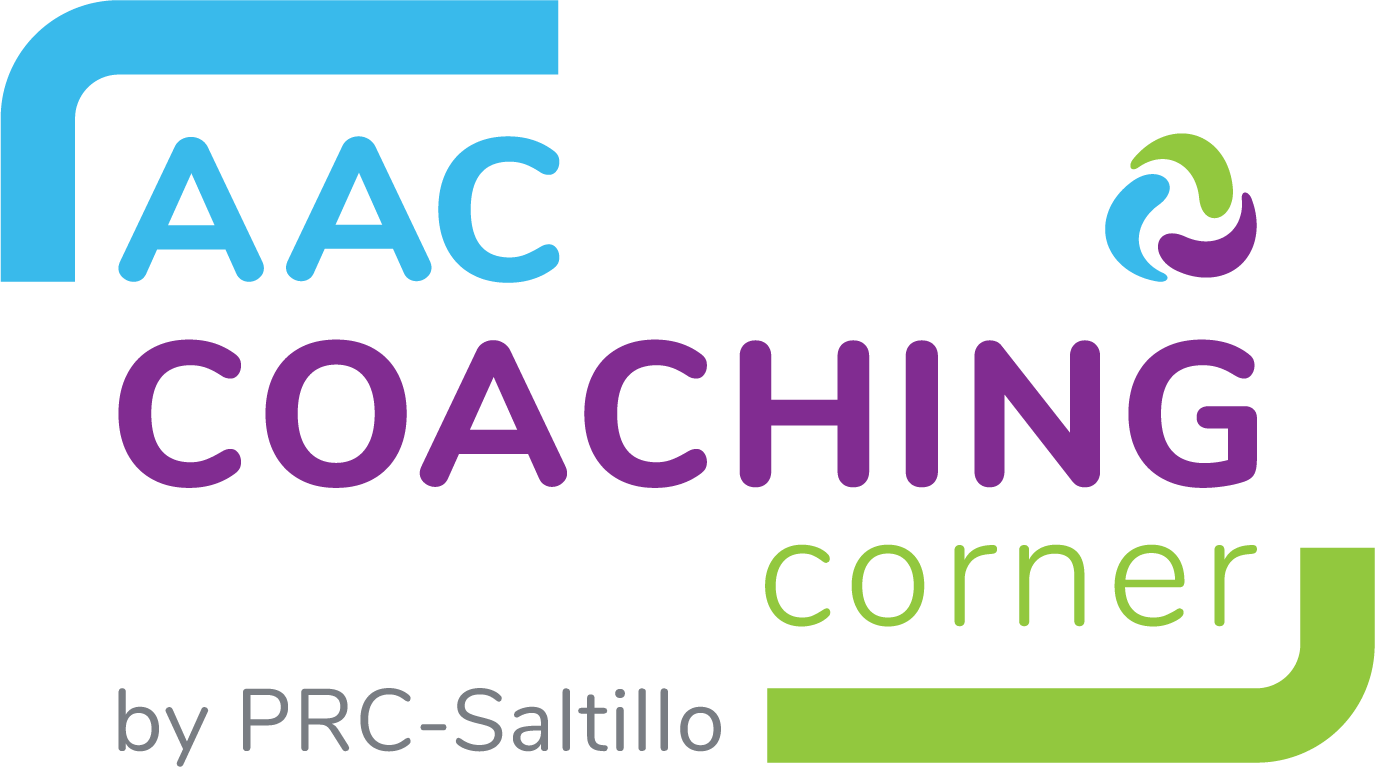October is also home to Down Syndrome Awareness Month, a time to recognize the contributions that those born with Down syndrome have to offer!
Just like everyone else, people with Down syndrome have strengths and talents that are unique to them, and this month we encourage others to help celebrate those abilities.
What is Down Syndrome?
Genetically, Down syndrome (DS) is a condition where a person is born with an extra copy of chromosome 21.
DS was first described in 1862 by English physician John Langdon Down, with the chromosome identified in 1959 by Marthe Gautier (receiving credit only in 2014) and the disorder formally recognized as trisomy 21.
Each person born with DS is different, with some displaying physical problems and/or intellectual disabilities. A common misperception is that all people with Down syndrome have a severe cognitive disability when in fact, this can range from mild to moderate.
Other health problems that may occur include heart disease, dementia, hearing problems and issues with the intestines, eyes, thyroid and skeleton.
How Common is Down Syndrome?
According to the CDC, approximately one in every 700 babies in the U.S. is born with DS.
How is Down Syndrome Diagnosed?
DS is diagnosed two ways:
- Via prenatal screening test
- Prenatal diagnostic test
The prenatal screening indicates whether or not there is an increased likelihood of DS. If so, then prenatal diagnostic testing is ordered which can determine with certainty if DS is present.
The screening involves a blood test and ultrasound during the first or second trimester. For the diagnostic test, an amniocentesis is performed. This involves taking a sample of amniotic fluid to test for the extra chromosome. There is a small risk involved with amniocentesis; however, the risk ranges from < 1% to 2%.
What Can You do To Support Down Syndrome Awareness Month?
The Down Syndrome Information Alliance encourages everyone to celebrate and support Down Syndrome Awareness Month with a Random Act of Kindness every day of the month.
It’s one small way to honor and shine a bright light on the talents, abilities and joy those with Down syndrome have to offer!
They have ideas for sharing kindness to: the environment, the elderly, strangers, online, children, animals and more on their website.
A Few Facts About Down Syndrome*
- Down syndrome occurs when an individual has a full or partial extra copy of chromosome 21. This additional genetic material alters the course of development and causes the characteristics associated with Down syndrome.
- There are three types of Down syndrome: trisomy 21 (nondisjunction) accounts for 95% of cases, translocation accounts for about 4%, and mosaicism accounts for about 1%.
- Down syndrome is the most commonly occurring chromosomal condition. Approximately one in every 700 babies in the United States is born with Down syndrome – about 6,000 each year.
- Down syndrome occurs in people of all races and economic levels.
- The incidence of births of children with Down syndrome increases with the age of the mother. But due to higher fertility rates in younger women, 80% of children with Down syndrome are born to women under 35 years of age.
- People with Down syndrome have an increased risk for certain medical conditions such as congenital heart defects, respiratory and hearing problems, Alzheimer's disease, childhood leukemia and thyroid conditions. Many of these conditions are now treatable, so most people with Down syndrome lead healthy lives.
- A few of the common physical traits of Down syndrome are: low muscle tone, small stature, an upward slant to the eyes, and a single deep crease across the center of the palm. Every person with Down syndrome is a unique individual and may possess these characteristics to different degrees or not at all.
- Life expectancy for people with Down syndrome has increased dramatically in recent decades – from 25 in 1983 to 60 today.
- People with Down syndrome attend school, work, participate in decisions that affect them, have meaningful relationships, vote and contribute to society in many wonderful ways.
- All people with Down syndrome experience cognitive delays, but the effect is usually mild to moderate and is not indicative of the many strengths and talents that each individual possesses.
- Quality educational programs, a stimulating home environment, good health care and positive support from family, friends and the community enable people with Down syndrome to lead fulfilling and productive lives.
* From the NDSS website
Learn more
Copyright © PRC-Saltillo. All Rights Reserved.

















